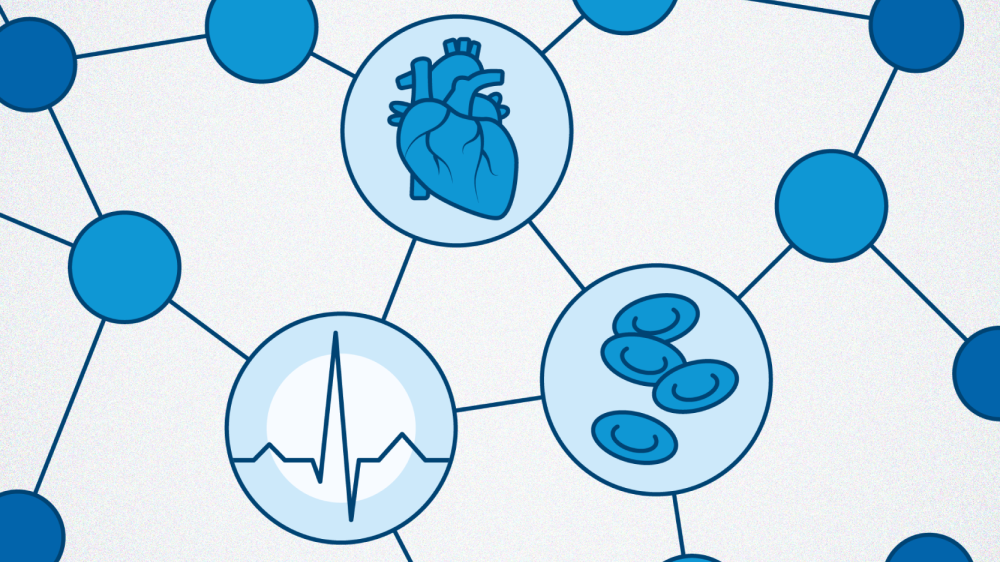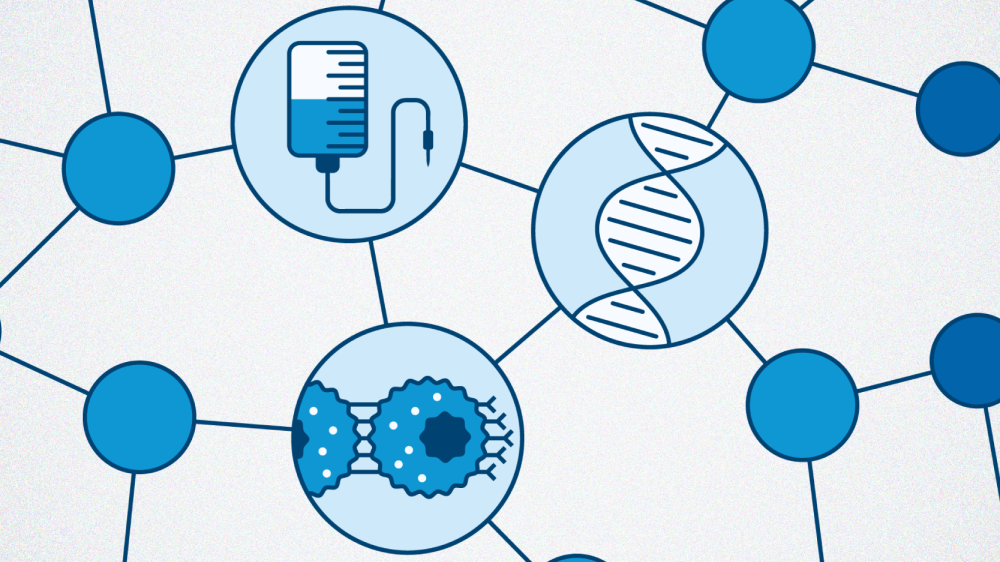New award scheme supports 3Rs Network collaborations

We have made the first Network primer awards to our 3Rs Network members to establish collaborations and apply 3Rs technologies to new research questions.
Our 3Rs Networks programme brings researchers working in key scientific fields together to establish collaborations and catalyse the uptake of 3Rs technologies.
To support collaboration and knowledge exchange between Network members, Network primer awards of up to £2k are available. We have made nine awards in the first round that will support members to visit partner labs, learn new techniques and apply existing models to new research questions. Projects with impacts on any of the 3Rs are within remit, but all nine funded awards aim to increase the use of replacement approaches including organoids, human tissue and animal-free cell culture reagents.
Inaugural Network primer awards
Oncology Network
- Zahraa Al-Ahmady (Nottingham Trent University) will adopt an animal-free extracellular matrix developed by Dr Deepali Pal at the University of Bristol and incorporate this into a multi-cellular ex vivo multiple myeloma model.
- Cinzia Allegrucci (University of Nottingham) will establish a new collaboration with Dr Luca Magnani at the Institute of Cancer Research and share a breast cancer organoid model for a new application studying oestrogen positive breast cancer.
- Leslie Cheng (Institute of Cancer Research) will visit the Netherlands and learn the techniques required to develop patient-derived cancer organoids for advanced thyroid cancers.
- Nuray Gunduz (Cancer Research UK, Scotland Institute) will collaborate with Professor Matthias Lutolf in Basel and receive training in complex 3D cell organoid and assembloid systems for colorectal cancers.
- Paloma Ordóñez Morán and Alvaro Mata (University of Nottingham) will work with clinical colleagues in Derby to test if a hydrogel model currently used for growing colorectal cancer organoids can be used with ovarian cancer ascitic fluid samples.
Cardiovascular Network
- Alice Francis (Imperial College London) will work with Professor Cesare Terracciano to test a human cardiac tissue slice model as an alternative to animal experiments to study glucocorticoid receptor control of functional ion channel rhythms.
- Hilary Carswell and Kat Bowles (University of Strathclyde and University of Edinburgh) will transfer an induced pluripotent stem cell-derived cerebral organoid model to a new application in stroke research.
NAMs Network
- Chang Guo (UK Health Security Agency) will work with Dr Sally Cowley at the University of Oxford to test the suitability of a human-derived microglia model for hazard identification for neurological disorders.
- Fiona Murphy (University of Strathclyde) will work with researchers at the Animal and Plant Health Agency to test Galleria mellonella as a bridging in vitro-in vivo model in particle toxicology.



